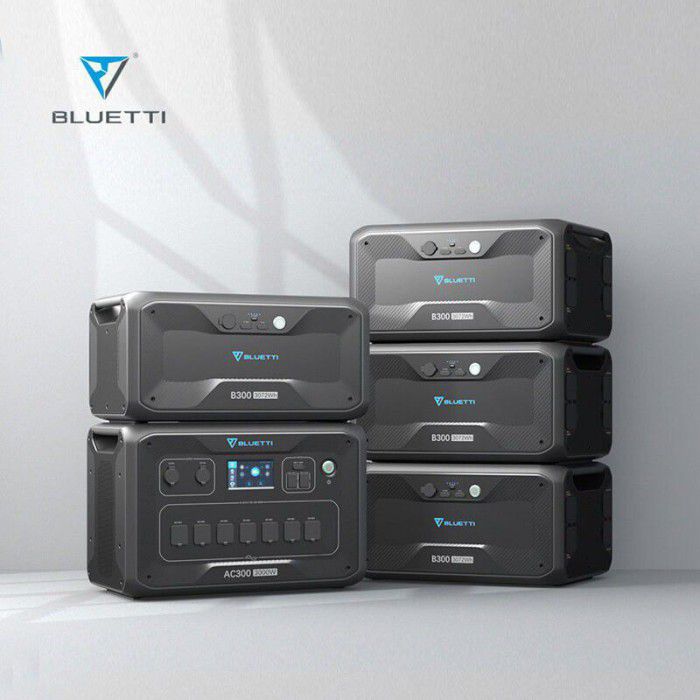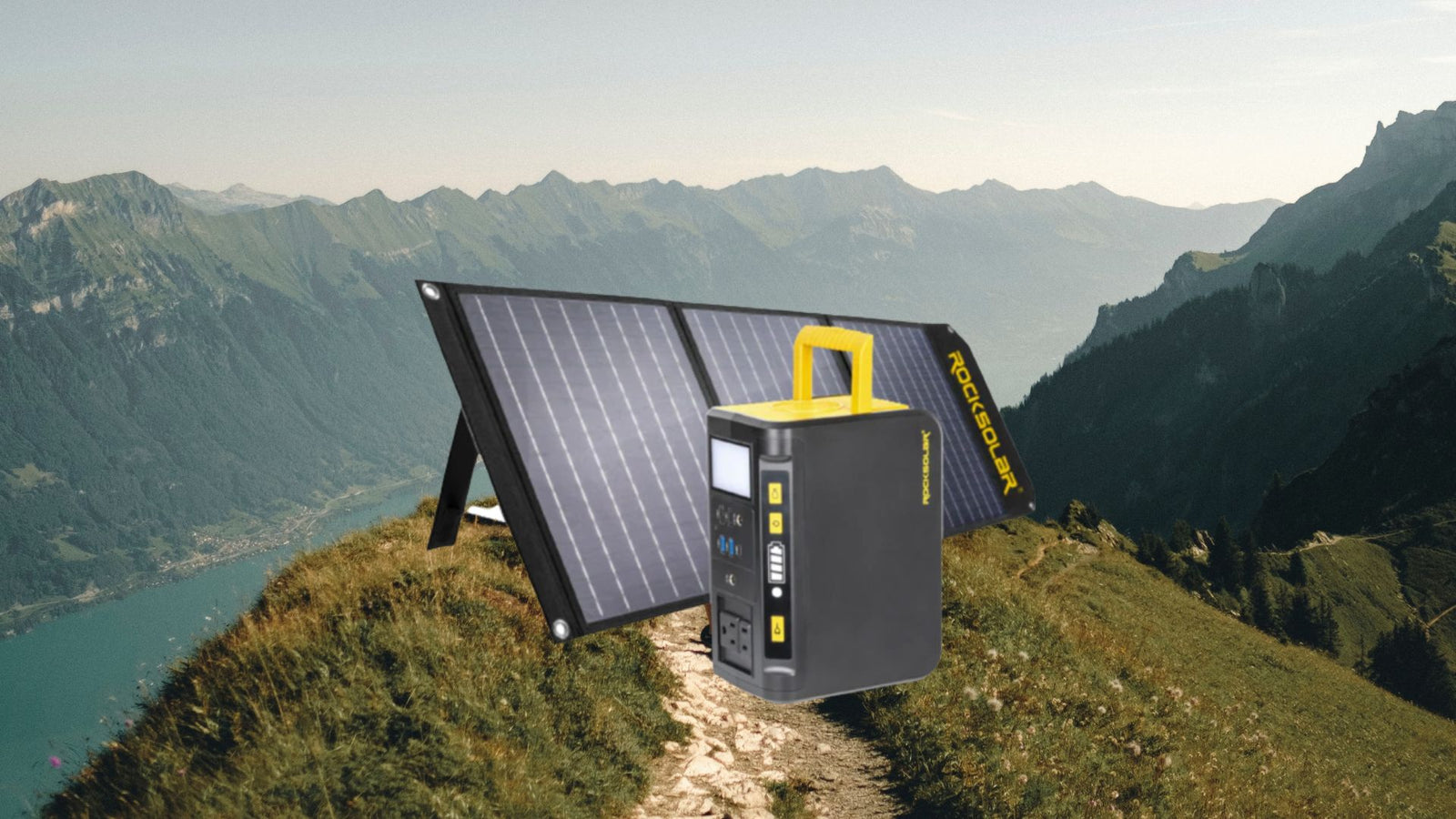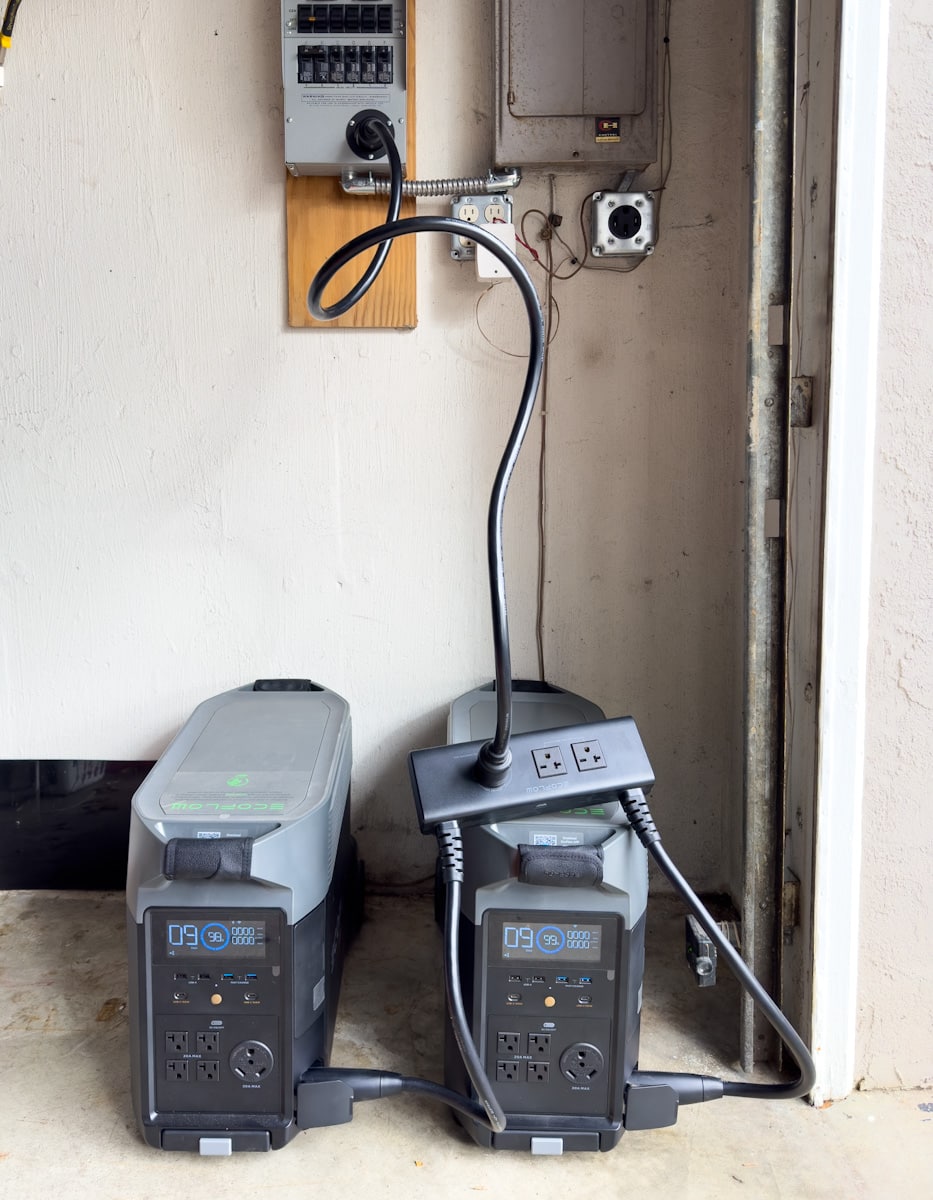The concept of a battery generator home has emerged as a lifeline for many households searching for reliable and sustainable energy solutions. With the rising frequency of power outages, environmental concerns, and the shift towards renewable energy, investing in battery generators is no longer just a luxury; it’s becoming a necessity for modern living.
Understanding Battery Generators and Their Functionality

Before diving deep into the advantages and applications of a battery generator home, it’s essential to understand how these devices function. A battery generator is essentially a system that stores electrical energy in batteries for later use. Unlike traditional generators that run on fuel, battery generators harness energy from renewable resources or the grid, making them an eco-friendly option.
This section will explore the basic components of a battery generator, how it operates, and its role in a home energy ecosystem.
The Core Components of a Battery Generator

A battery generator comprises several key parts, each playing a vital role in its functionality.
- Batteries: The heart of the generator, batteries store electrical energy for future use. They can be lithium-ion or lead-acid, with lithium-ion batteries being more efficient and longer-lasting.
- Inverter: This component transforms the stored DC (Direct Current) electricity from the batteries into AC (Alternating Current), which is the standard form of electricity used in homes.
- Charge Controller: It regulates the power flow between the batteries and the inverter, preventing overcharging and ensuring optimal performance.
- Monitoring System: Advanced models come equipped with monitoring systems that provide real-time data on energy usage, battery status, and charging rates, allowing for better management of energy consumption.
Each of these parts works in unison to ensure that a battery generator home provides a seamless power supply to your household.
How Battery Generators Operate
Battery generators typically operate in two main modes: backup mode and off-grid mode.
- Backup Mode: In this mode, the battery generator kicks in during a power outage. The system can automatically detect a drop in power supply and switch to battery power, providing uninterrupted electricity to critical appliances like refrigerators, lights, and medical devices.
- Off-Grid Mode: For homes that utilize solar panels, battery generators can store excess energy generated during the day for use at night or on cloudy days. This capability allows homeowners to reduce their reliance on the grid entirely, leading to significant savings in energy costs.
As society moves towards sustainability, understanding how battery generators operate opens new avenues for energy independence.
The Role of Renewable Energy in Battery Generators
Battery generators often integrate seamlessly with renewable energy systems, such as solar panels or wind turbines. By using a battery generator home, you can maximize the potential of these renewable sources.
- Energy Storage: When paired with solar or wind energy systems, battery generators allow surplus energy to be stored rather than wasted. This stored energy can then be utilized when demand exceeds generation, particularly during peak hours or adverse weather conditions.
- Sustainability: The integration of renewable energy not only reduces greenhouse gas emissions but also provides a long-term solution to rising energy costs and fluctuating electricity prices.
- Grid Independence: By relying on renewable sources and stored energy, homeowners can significantly reduce their dependency on the fossil fuel-based grid, contributing to a more sustainable future.
Understanding the synergy between battery generators and renewable energy lays the foundation for a smarter, greener approach to home energy management.
Advantages of Installing a Battery Generator Home System

With the growing interest in battery generator home systems, it’s essential to discuss the numerous benefits they offer. Not only do they enhance energy reliability, but they also promote sustainability and empower homeowners to take control of their energy needs.
Enhanced Reliability During Power Outages
One of the primary motivations for investing in a battery generator home system is enhanced reliability.
- Uninterrupted Power Supply: In areas prone to frequent outages, having a battery generator ensures that essential services remain operational without interruption, keeping your family safe and comfortable.
- Quick Response Time: Modern systems are designed to respond rapidly to power disruptions. This quick transition minimizes downtime, ensuring that appliances and sensitive electronics are protected from power surges and drops.
- Peace of Mind: Knowing that your home is equipped with a reliable power source provides peace of mind, allowing you to focus on what matters most during challenging situations.
The assurance of consistent power supply greatly enhances the appeal of battery generators.
Environmental Sustainability and Reduced Carbon Footprint
Beyond convenience, battery generators contribute positively to the environment, addressing one of the most pressing issues of our time—climate change.
- Reduced Greenhouse Gases: By utilizing renewable energy sources, battery generators help decrease the overall carbon footprint of a household. This shift towards cleaner energy contributes significantly to mitigating climate-related impacts.
- Energy Preservation: Battery generators encourage responsible energy usage by storing excess energy, thereby promoting conservation efforts at the individual level.
- Supporting Local Initiatives: Many communities are moving towards sustainability initiatives. By installing a battery generator home system, homeowners can partake in this collective effort, demonstrating personal commitment to environmental stewardship.
Personal investment in a battery generator doesn’t just benefit individual households; it fosters a larger movement toward sustainability.
Cost Efficiency and Long-term Savings
While the initial investment in a battery generator may seem daunting, the long-term financial benefits make it a worthwhile consideration.
- Lower Utility Bills: By generating your electricity through renewable means and utilizing stored energy, homeowners often notice substantial reductions in their monthly utility bills.
- Avoiding Peak Rates: Many energy providers charge higher rates during peak hours. A battery generator home system allows homeowners to store energy produced during off-peak times, saving money and optimizing usage.
- Increased Property Value: As energy efficiency trends gain momentum, homes equipped with battery generators become increasingly attractive to potential buyers, enhancing their market value.
The combination of immediate and long-term financial advantages solidifies battery generators as an intelligent investment choice.
Versatility and Application
Battery generator home systems are versatile and adaptable to various situations, making them suitable for a range of environments.
- Emergency Preparedness: In addition to everyday use, battery generators serve as a reliable backup during natural disasters or emergencies, ensuring access to essential appliances, communication devices, and medical equipment.
- Outdoor Activities: For those who enjoy camping or RVing, portable battery generators provide a convenient power source for lighting, cooking, and charging devices, revolutionizing outdoor experiences.
- Remote Locations: Battery generators play a critical role in powering off-grid homes or remote cabins, where connection to traditional electricity sources may be limited or non-existent.
This adaptability demonstrates the broad spectrum of applications for battery generators, making them a wise choice for diverse lifestyles.
FAQs About Battery Generator Home Systems

What is a battery generator?
A battery generator is a device that stores electrical energy in batteries for later use, converting it from DC to AC power to supply electricity to homes and appliances.
How does a battery generator differ from a traditional generator?
Unlike traditional generators that rely on fossil fuels, battery generators utilize stored energy from renewable sources or the grid, making them more environmentally friendly and efficient.
Can a battery generator power an entire house?
Yes, depending on the capacity of the battery generator and energy consumption patterns, it can power an entire home or specific appliances during power outages.
How long does a battery generator last during an outage?
The duration a battery generator lasts during an outage depends on the capacity of the batteries and the total wattage of appliances being powered. Proper management and prioritization of energy usage can extend the service life.
Do I need professional installation for a battery generator?
While some homeowners opt for DIY installation, hiring a professional ensures that the system is installed correctly, maximizing efficiency and safety, particularly for complex setups involving multiple energy sources.
Conclusion

Embracing a battery generator home system signifies a progressive step towards energy independence, sustainability, and reliability. From providing uninterrupted power supply during outages to reducing carbon footprints and promoting cost efficiencies, these systems embody the essence of modern energy solutions. As we navigate an era characterized by technological advancements and environmental consciousness, integrating a battery generator into our homes is not just a choice—it’s a responsibility that aligns with our aspirations for a sustainable future.
